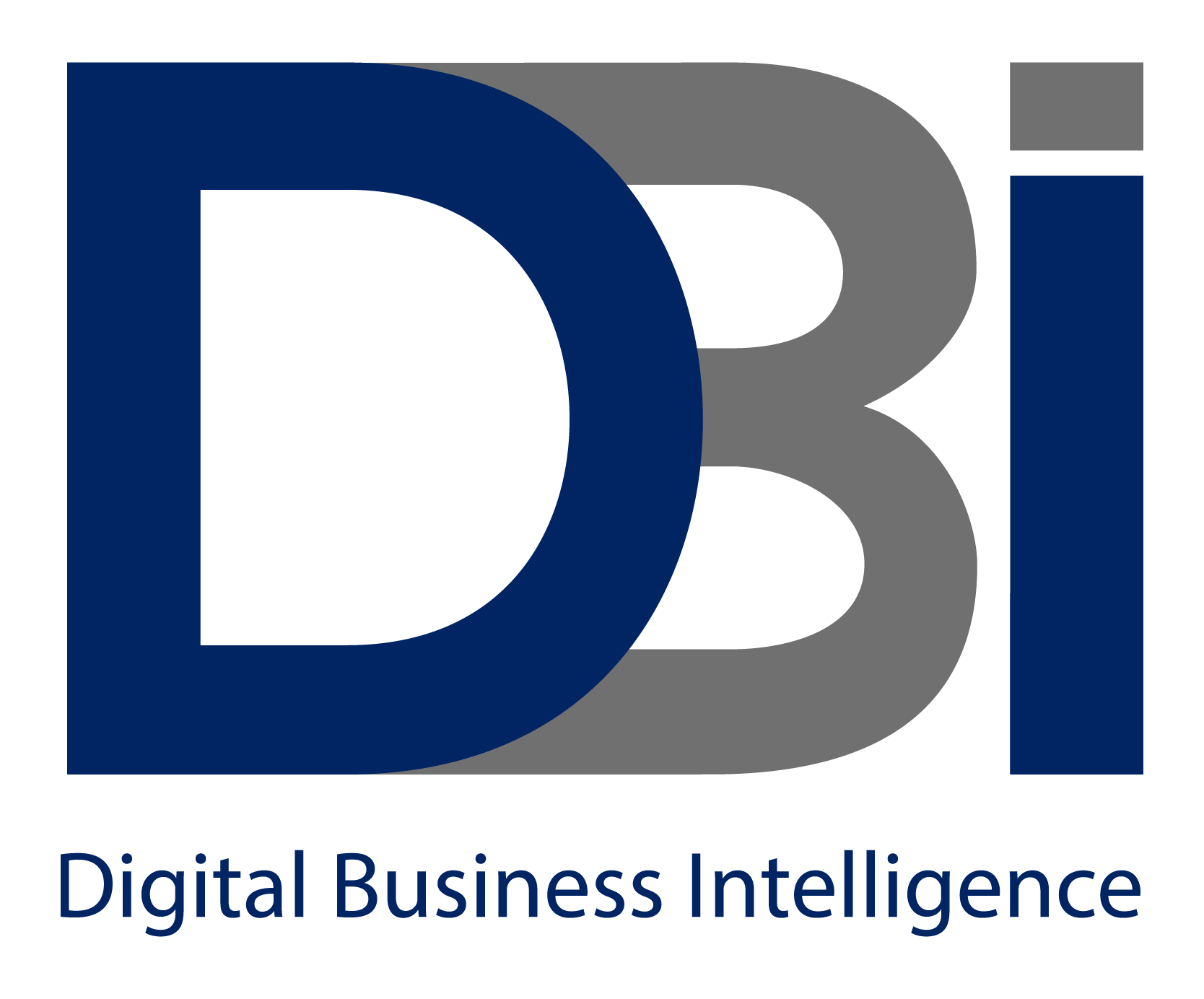The issue, whether language is an SEO Ranking factor or not, is an ongoing debate. Here is the detailed insight into the discourse.
The Term “Ranking Factors”
There are different elements that contribute to how your website rank on any given search engine, from your keyword usage to the content and the speed of your site. These strands are what you call ranking factors. It is important to know that your rankings are not only determined by the type and quality of keywords you use but also by how relevant they are to what someone searches for.
What Chief Factors Do We Know Affect Search Rankings?
Search engines use different factors to rank their results. Generally, these are:
- Content optimization
- URL optimization.
- Backlinks.
- Mobile-friendly.
- Technical SEO.
- Click-through rate.
- Bounce Rate.
- Page Experience.
Language Is A Google Ranking Factor: Myth or Truth?
It is claimed that language is one of the many factors that can affect Search Engine rankings. The impact of language on search ranking can vary depending on the type of content being ranked and the location where it is ranked. For example, in English-speaking countries, it has been observed that content in English tends to rank better than content in other languages. The same holds true for other languages as well.
The question that arise is that how the websites in Chinese language will rank in Europe? Or how the websites in Arabic Language will rank in States? This question is a logic which supports the discussed claim.
Regarding language, Google States:
“Information such as your location, past Search history, and Search settings all help us to ensure your results are what is most useful and relevant for you in that moment.
We use your country and location to deliver content relevant for your area. For instance, if you’re in Chicago and you search “football”, Google will most likely show you results about American football and the Chicago Bears first. Whereas if you search “football” in London, Google will show results about soccer and the Premier League. Search settings are also an important indicator of which results you’re likely to find useful, such as if you set a preferred language or opted in to Safe Search (a tool that helps filter out explicit results).”
So, if a user is from UK and the language applied in settings is English, the results will most likely contain the websites that use English language as the medium.
Facts Supporting The Claim
The SEO community is pretty divided on the topic of whether or not language is an SEO Ranking Factor.
“If you have multiple versions of a page for different languages or regions, tell Google about these different variations. Doing so will help Google Search point users to the most appropriate version of your page by language or region.
Note that even without taking action, Google might still find alternate language versions of your page, but it is usually best for you to explicitly indicate your language- or region-specific pages.”
–Site Specific Guides, Google,
Moreover,
“Google recommends using different URLs for each language version of a page rather than using cookies or browser settings to adjust the content language on the page.”
–Site Specific Guides, Google
This can be achieved using different methods and techniques explained below.
However,
“Google doesn’t use hreflang or the HTML lang attribute to detect the language of a page; instead, we use algorithms to determine the language.”
- HTML tag
The hreflang attribute directs the search engine about the supported language and region. It can be placed in the HTML tag.
Code: <link rel=”alternate” hreflang=”lang_code” href=”url_of_page” />
For Example:
<link rel=”alternate” hreflang=”en-gb” href=”https://facebook.com” />
This shows that the target language and region is English and United Kingdom respectively.
- HTTP Header
The hreflang attribute can also be placed in the HTTP header.
Code: Link: <url1>; rel=”alternate”; hreflang=”lang_code_1“, <url2>; rel=”alternate”;
hreflang=”lang_code_2“, …
For Example:
<https://facebook.com/file.pdf>; rel=”alternate”; hreflang=”en”, <https://en-gb.example.com/file.pdf>; rel=”alternate”; hreflang=”en-gb”, <https://en.example.com/file.pdf>; rel=”alternate”; hreflang=”en”
- Sitemap
Sitemap can also be used to tell Google about the language and target location. “To do so, add a <loc> element specifying a single URL, with child <xhtml:link> entries listing every language/locale variant of the page including itself. Therefore if you have 3 versions of a page, your sitemap will have 3 entries, each with 3 identical child entries.”
<url>
<loc>https://www.example.de/schweiz-deutsch/page.html</loc> <xhtml:link
rel=”alternate” hreflang=”de”
href=”https://www.example.de/deutsch/page.html”/> <xhtml:link
rel=”alternate” hreflang=”de-ch”
href=”https://www.example.com/schweiz-deutsch/page.html”/> <xhtml:link
rel=”alternate” hreflang=”en”
href=”https://www.example.com/english/page.html”/>
–Sitemap, Google
- Country-Specific Domains
A particular country can be targeted with a specific domain. For Example:
URL: https//www.marketingagency.mx/ This website is targeted for the people of Mexico.
- Language-Specific Sub-Domains
A specific language to the people of a particular country can be targeted too. For Example:
https://facebook.com/en-gb/ This is website is targeted for people speaking English in UK.
- Canonical Tags
Canonical Tag is used to resolve the issues of duplicate pages. If a website has multiple URLs for same pages then Google identifies one as canonical.
The relationship between Canonical tag and language can be explained by
“Different language versions of a single page are considered duplicates only if the main content is in the same language (that is, if only the header, footer, and other non-critical text is translated, but the body remains the same, then the pages are considered to be duplicates).”
–How Google indexes and chooses the canonical URL
The General Guideline for Canonilization by Google states:
”Specify a canonical page when using hreflang tags. Specify a canonical page in same language, or the best possible substitute language if a canonical doesn’t exist for the same language.”
For troubleshooting when facing errors,
“Incorrectly marked language variants: If you have multiple websites that serve substantially the same content localized to different users around the world, be sure to follow our guidelines for localized sites.” –Troubleshooting
“I’d just avoid the situation where you have multiple language versions of the same text on a page (e.g., translation next to the original). Make it easy to recognize the primary language.”
–John Mueller, Search Advocate at Google
While the evidence from a purely quantitative standpoint seems to suggest otherwise, there
doesn’t appear to be a definitive answer to the question: Is language a SEO Language Factor?
“We spent over half an hour with @suzukik looking at hreflang examples with MENA, EU, ASIA, etc. region codes in hreflang, and I’m happy to report they are not working. We don’t extract a language even from something like fr-eu, let alone use it in ranking.
The only thing they say (& I experienced too) is to not about se that or Google will start getting confused and the hreflang won’t really work. Apart, that putting en + CCode 300 times is demential.”
–Gary Illyes, Chief of Sunshine and Happiness at Google
Final Thoughts
Given the limited information we have on the topic, and without access to Google’s proprietary algorithm, it is impossible to say definitively that language is or isn’t a ranking factor. However, there are many things that do seem to affect search rankings. Language could be one of those factors but this is just conjecture based on some evidence and guesswork. As we learn more about how search engines rank webpages, it may become more clear whether or not language plays an important role in rankings.








